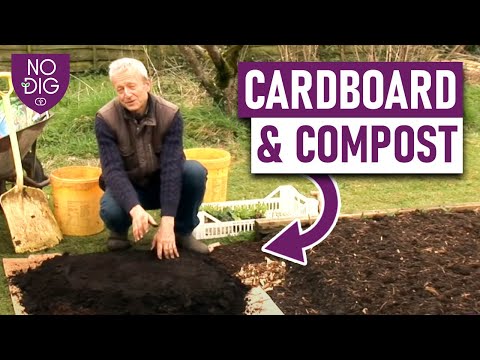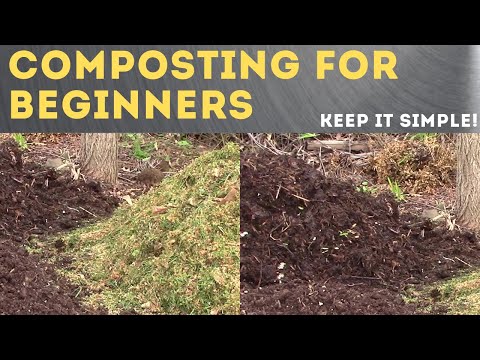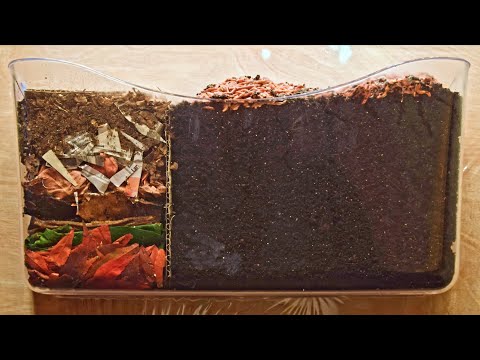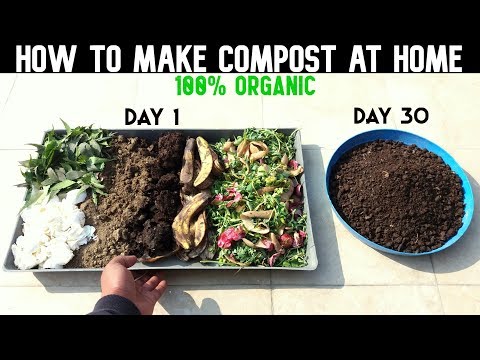Here is a step-by-step guide on how to easily make compost from kitchen waste:
1. Collect the right materials: Start by collecting kitchen waste such as fruit and vegetable scraps, coffee grounds, tea bags, eggshells, and even small amounts of paper towels or napkins. Avoid adding meat, dairy products, oily items or any cooked food as they may attract pests or slow down the decomposition process.
2. Choose a suitable composting method: There are various composting methods to choose from depending on the available space and resources. You can use a traditional compost pile or bin if you have ample yard space. For those with limited space or living in urban areas, consider using a worm bin or a small composting tumbler.
3. Layer your waste: If using a compost pile or bin, start by layering your kitchen waste with an equal amount of dry carbon-rich material such as dried leaves, shredded newspaper or cardboard. This helps create a balanced ratio of nitrogen (kitchen scraps) to carbon (dry material), allowing for faster decomposition.
4. Maintain moisture balance: Keep your compost moist but not soggy. Too much moisture can result in a slimy mess while too little will slow down decomposition. Water the pile regularly if it seems dry and cover it during heavy rain to prevent excessive soaking.
5. Turn it occasionally: To speed up the process and ensure proper decomposition, turn your compost pile every few weeks using a pitchfork or shovel. Turning helps mix oxygen into the pile which is essential for the breakdown of organic matter.
6. Monitor temperature and odor: A well-managed compost pile will generate heat as it decomposes. Regularly check the internal temperature with a compost thermometer to ensure it stays between 120-160°F (49-71°C), as this kills weed seeds and pathogens. Additionally, if your compost starts to smell foul, it might indicate an imbalance of materials or lack of oxygen. In such cases, try adding more dry material and turning the pile more frequently.
7. Patience is key: composting is a slow natural process that requires time and patience. It can take anywhere from a few months to a year for the compost to fully mature depending on various factors such as temperature, moisture level, and the type of waste being used.
8. Use your finished compost: Once your compost is dark brown with an earthy smell and crumbles easily in your hand, it’s ready to use! Spread the finished compost in your garden beds, mix it with potting soil for potted plants or use it as mulch around trees and shrubs. The nutrients in the compost will nourish your plants naturally.
Making compost from kitchen waste not only helps reduce waste but also promotes sustainability and encourages healthier gardening practices. By following these simple steps, you can easily turn your kitchen scraps into nutrient-rich organic matter that will benefit both your garden and the environment.





